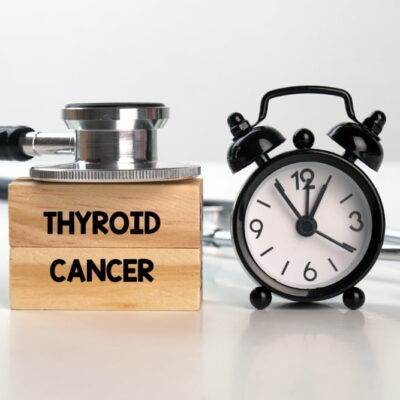
6 Tips to Prevent Food Allergies in Dogs
Food allergies in dogs are not very common, but they can cause pets a lot of distress. These allergies are a response of the dog’s immune system to certain proteins in foods such as lamb, chicken, and beef. Sometimes, carbohydrates like grains can also trigger food allergies in dogs, and they may experience skin or ear infections, digestive issues, and respiratory problems. Here are some tips that help prevent food allergies in dogs.
Eliminate foods that can trigger allergies
Most food allergies in dogs are from common protein sources in their food. So, following an elimination process helps determine what exactly triggers the allergy symptoms. Start by doing a food trial that involves feeding only one type of protein for about one or two months. Then, make notes and observations regarding any allergy symptoms that may or may not occur. Later, switch the protein source to another for a couple of months and check again. This way, pet parents can identify the different foods that can potentially trigger allergies in dogs.
Read the labels and ingredient lists of dog foods
Food packs always indicate the type of protein sources of meat that has been used to make it. The main protein source is generally advertised quite prominently in the pack. Still, it is essential to go through the ingredient list because it is highly possible that a protein that has allergens has been mentioned quite lower down on the ingredient list. This protein may not be labeled in big bold letters over the packet, but may be mentioned somewhere in the ingredient list. Reading the labels and ingredient lists is especially important for dog treats and dry foods.
Add limited ingredient dog foods to meals
Limited ingredient dog foods have only one source of protein. This means the food can have either beef or chicken. Sometimes, lamb is also used as a protein source, which is then mixed with a source of carbohydrate. Because of using only one type of protein and carbohydrate source, limited ingredient foods have low chances of triggering allergies in dogs. While buying these foods, it is essential to check for the Association of American Feed Control (AAFCO) seal for added safety.
Include dog food recommended by a vet
Some dogs have severe food allergies. They start to show symptoms after eating every kind of dog food. This makes it quite difficult to pick foods for them. In such situations, asking the vet for recommendations is a good idea. They will prescribe foods that are hydrolyzed. These will help alleviate food allergies in dogs as well as provide the necessary nutrition.
Give grain-free dog food in case of grain allergies
It is not just proteins that cause food allergies in dogs. Some carbohydrate sources, such as grains can also trigger allergic symptoms. This is why a dog’s immune system becomes sensitive to wheat, corn, and other grains present in the food. In such situations, pet parents must try including grain-free foods in their dog’s meals.
Try novel protein dog food
Novel ingredient dog foods contain proteins other than the conventional beef and chicken. They have venison, salmon, or duck as the protein source. In addition, the carbohydrate source is different from the usual grain-based ones. For example, some novel ingredient dog foods use sweet potatoes as an alternative carbohydrate. These kinds of foods lower the risk of allergies in dogs.


